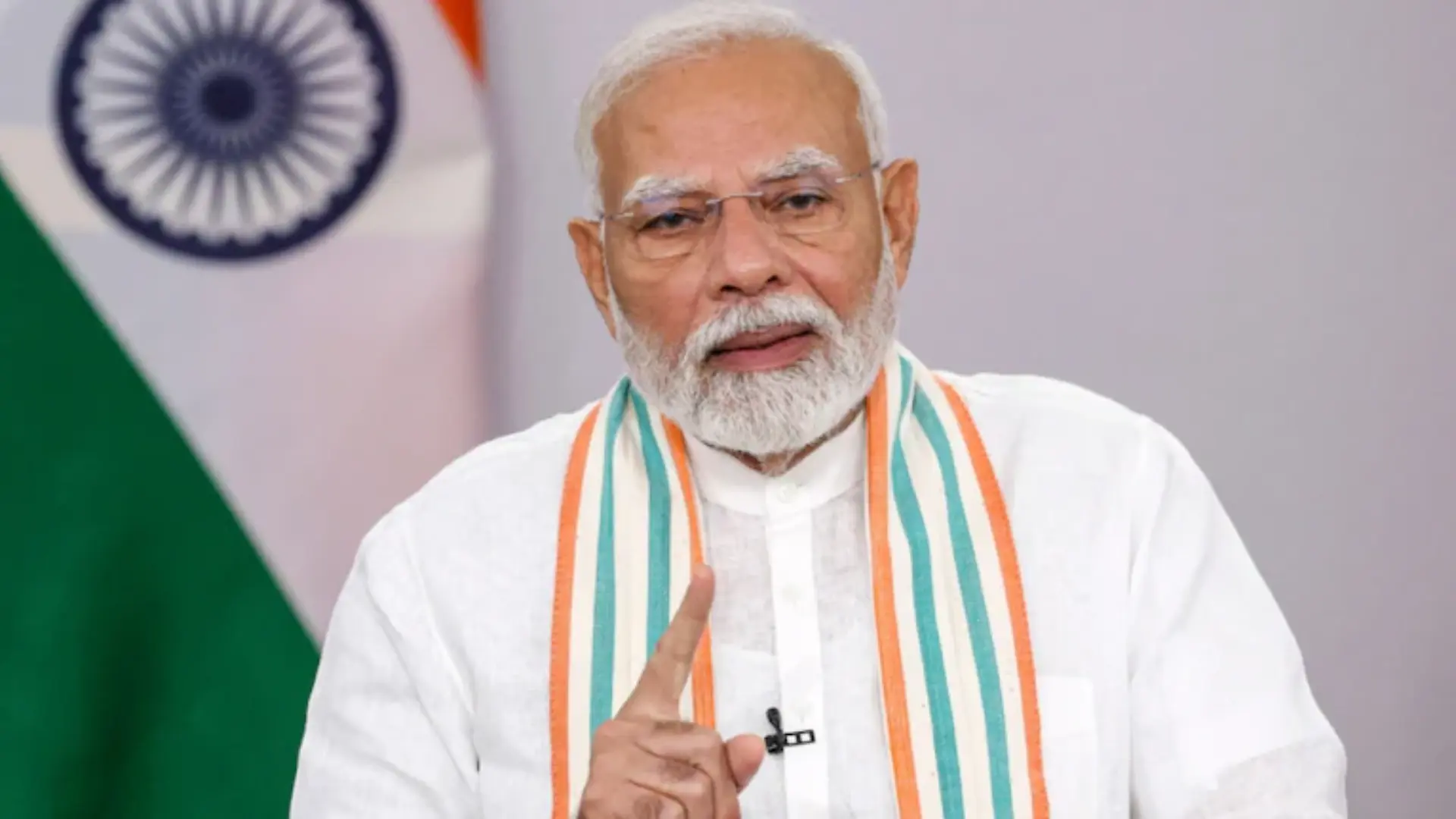In a tragic incident early Friday morning, an Israeli airstrike targeted a guesthouse in southeast Lebanon, resulting in the deaths of three journalists. The strike occurred around 3 a.m. in Hasbaya, a region previously untouched by such military actions, and has been used as a base for media coverage of ongoing conflicts.
The airstrike turned the guesthouse, comprising a series of chalets, into rubble. The aftermath left vehicles marked “PRESS” overturned and debris scattered across the site, with at least one satellite dish for live broadcasting completely destroyed. Among the victims were camera operators Ghassan Najjar and Mohammed Rida.
The Israeli army did not provide a prior warning before the strike, later indicating it would investigate the incident. This airstrike follows a recent attack on an Al-Mayadeen office in Beirut, raising concerns about the targeting of media outlets associated with Hezbollah and its Iranian backers.
MUST READ: Strike On Iran Will Showcase Israel’s Strength To World’, Says Defense Minister
Human rights organizations condemned the airstrike, emphasizing that intentionally targeting journalists constitutes a war crime. Aya Majzoub from Amnesty International highlighted the protection journalists should receive under international humanitarian law. The incident drew immediate backlash from various press advocacy groups and Lebanese officials, with some describing the strike as a deliberate act to intimidate and silence media presence in southern Lebanon.
Imran Khan, a senior correspondent for Al Jazeera English, who was present at the guesthouse, recounted the panic that ensued when the strike hit. Many journalists were reportedly in their sleep when the airstrike occurred, leading to urgent questions about survival amidst the chaos. Another journalist, Yumna Fawaz, described how the roofs of the chalets collapsed, turning what was deemed a safe haven into a scene of destruction.
The strike is part of a broader pattern of violence against journalists covering the conflict, with recent reports indicating that at least 128 journalists have been killed in the region over the past year. The Committee to Protect Journalists (CPJ) has documented these deaths, asserting that the majority were caused by Israeli forces. Alarmingly, they reported that some journalists were specifically targeted, raising serious concerns about the safety of media personnel in conflict zones.
In the wake of these killings, there has been a significant international outcry, with press advocacy groups and United Nations experts calling for accountability. The Lebanese Health Minister has stated that over the past year, 11 journalists have lost their lives due to Israeli fire in Lebanon, underscoring the escalating dangers faced by media workers in the region.
As the situation continues to unfold, the targeting of journalists raises critical questions about press freedom and the safety of media personnel operating in conflict zones, prompting urgent calls for protection and accountability.

















